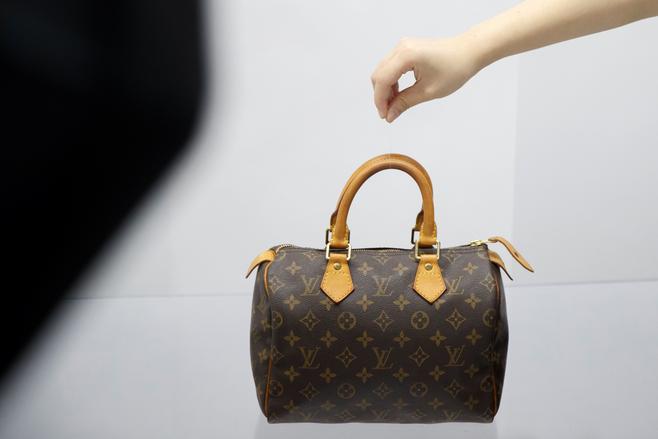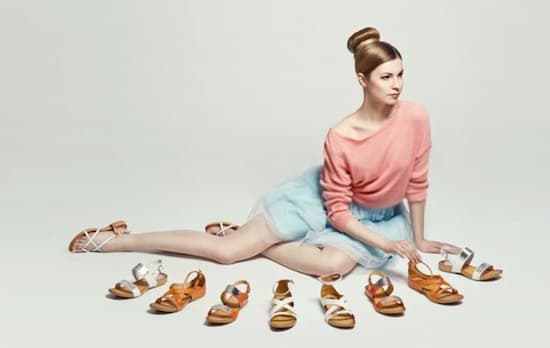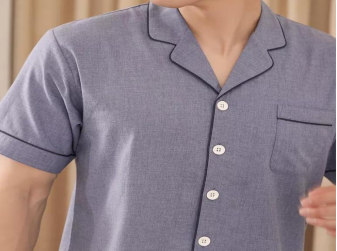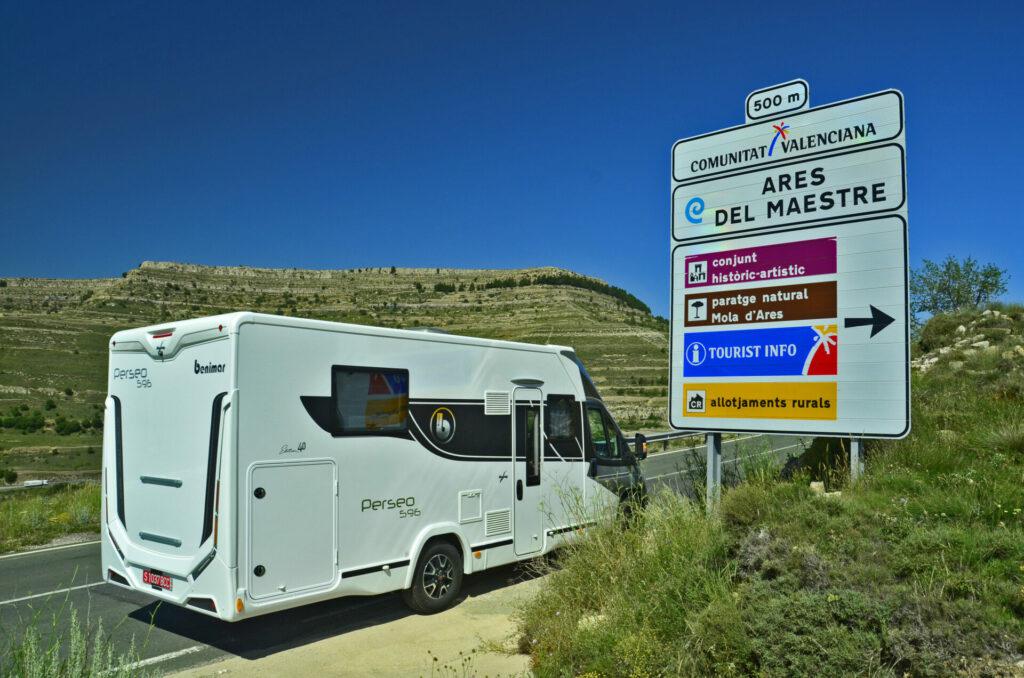Home → fancy clothes → The luxury sector is...
The luxury sector is launched by local customers after the fall in Chinese tourism to try to mitigate the bleeding of sales
The luxury sector must take a turn, given the drop in Chinese tourism to zero, which represented up to two-thirds of sales in Europe before the confinement due to the coronavirus. Given that these tourism revenues from the Asian giant do not seem to be recovering in the coming months, the big brands in the sector such as Louis Vuitton, Chanel or Prada are rethinking their strategy to attract local customers in a context of crisis due to the coronavirus pandemic that transform shopping habits.
“Normality at this time remains on a distant horizon,” Remo Ruffini, president of the Italian luxury firm Moncler, told the Financial Times, considering that it is time “to promote digital, redesign the commercial network, establish a closer relationship with the supply chain, invent new ways to sell and present collections and reconsider how to attract customers”.
The absence of Chinese tourism makes companies in the sector look to the European domestic market to boost revenue. In addition, Claudia D'Arpizio, an analyst at the Bain & Co consultancy, advances that the brands will have to adapt their products to the Chinese market and reduce the price gap between this market and the European market, which is why many citizens of the Asian giant buy luxury when they travel.

For his part, HSBC analyst Erwan Rambourg advances that firms will have to reconsider their locations and the size of their stores as rental contracts expire. In this sense, he considers that they will tend to locate more stores in China and less in Europe.
I won't overemphasize the importance of using your nights well. 1. If you must sleep, sleep 2. But if not, take your… https://t.co/cicDBqUfXD
— The Male Nurse👨🏾⚕️❁ Tue Apr 06 23:06:51 +0000 2021
In this sense, the priority is to get rid of the accumulated stock and that is that some brands are already making discounts of 40% "Consumers expect discounts as a new rule of the game," says D'Arpizio. However, brands will limit these discounts to less visible points of sale. On the contrary, Chanel or Luis Vuitton, for example, have increased their prices between 5% and 17% to compensate for the drop in sales.
Online sales in the luxury sector are also growing. If until now online represented 12% of turnover, according to Bain & Co they will rise to 30% of sales in 2025. In addition, London, Paris and Milan are preparing their particular online fashion weeks.
The luxury sector seems to be starting to take a breather. Gucci owner Kering advanced encouraging signs after the first week of store openings after the lockdown in France. In addition, the luxury conglomerate, like LVMH (owner of Louis Vuitton) and Moncler, said that demand in China had increased as stores reopened in late March. Although the president of Richemont refers to serious economic repercussions that could last three years.
HSBC's forecast calls for a drop in luxury sector sales of 17% this year, while Bain & Co estimates a decline of between 20% and 35%. Until 2022, last year's sales figures of 281,000 million euros in turnover will not be recovered.







